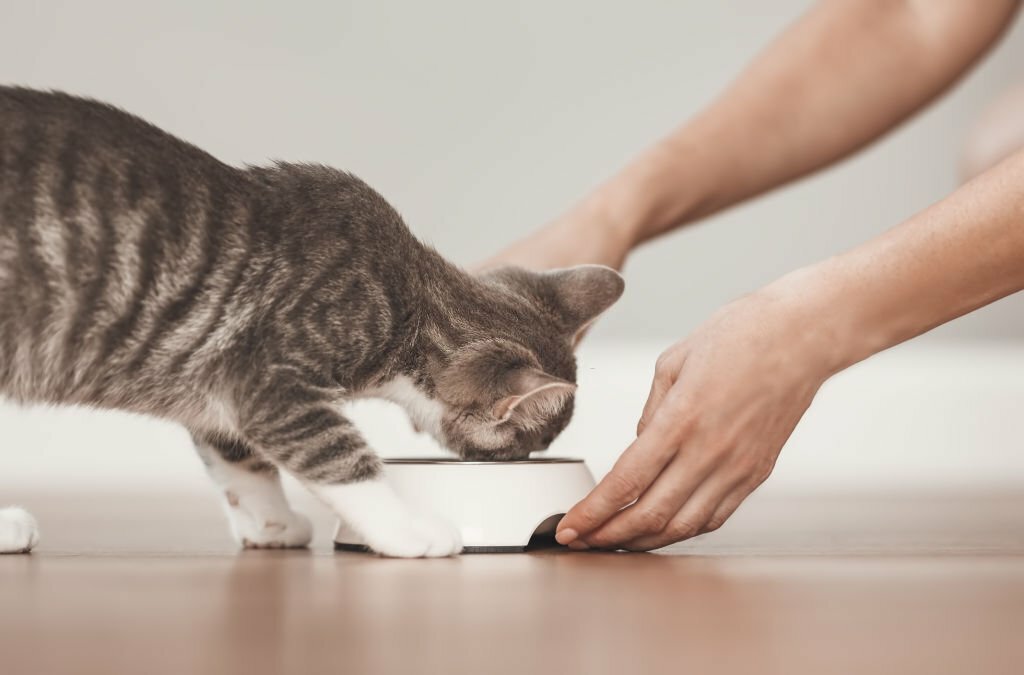When you have a dog in the house, you might expect some whimpering from time to time. However, if you hear your dog moaning at night for no apparent reason, there may be something amiss that requires your attention. In this post, we’ll go over reasons why your dog may be moaning at night for no apparent reason. Use this list to help you narrow down your options.
Why do Dogs Cry at Night for no Apparent Reason?
There are several reasons why dogs whimper at night, and happily, most of them are not life-threatening. Even if the situation isn’t life-threatening, it’s still vital to understand what’s causing this shift in your dog’s behavior so you can assist in resolving it.
Feeling like a Puppy:
The most common reason your dog may be moaning at night for no apparent reason is because he is still a puppy! Puppyhood typically lasts one to two years. During this period, your puppy is maturing and growing not only physically but also mentally.
Puppies have a lot of activity, are easily distracted, and suffer from separation anxiety from their litter, mother, and people. If you see your puppy whining at night for no apparent reason, and this occurs on a frequent basis, there’s a strong probability that your puppy is experiencing the range of emotions involved with growth—new habit, new pattern, new surroundings, and the most difficult of all—no attention!
Excluding a medical Problem:
A trip to the vet is recommended whenever your dog’s behavior changes noticeably. Because dogs cannot tell you when they are unwell, you must rely on other clues to determine whether anything is wrong.
If your dog is usually quite content at sleep but has suddenly begun weeping at night, it’s a good idea to arrange a vet check to rule out a medical problem. It’s also worth noting that some dogs start weeping at night as they become older, even if they don’t have a medical condition.
Pain
Another source of whining is injury or joint discomfort, which is more common in pups and older dogs. As a result, frequent exams and evaluations are required to guarantee that your dog is not injured.
This is especially crucial for older dogs since, no matter how active and healthy your dog is, old age will ultimately catch up with them. If their crying and whining grow extreme, it is recommended to take them to a reputable veterinarian for emergency treatment.
Discomfort:
“Why is my dog whining at night?” is a typical question among puppy parents. This is especially true for freshly acquired puppies, as whining is another way for them to vent their stress and worry, and some do it unconsciously.
This type of crying is frequently triggered by a rapid change in surroundings or discomfort, among other things. Most occurrences like this are transient and will pass after your dog grows more comfortable in its new surroundings. You’ll be relieved to know that once your puppy has settled in, you won’t have to wonder why your puppy is whining all night.
Mental Disorders
Why is my dog wailing in the middle of the night? This is a frequently asked question among dog owners.
Dogs, like people, can suffer neurological disorders such as dementia as they age. As a result, elderly dogs who frequently howl, moan, and whine may be suffering from cognitive impairment as they age.
This behavior is persistent and will go to extremes, such as wailing in the middle of the night for no apparent cause. In this scenario, it would be in the best interests of the owner to have them examined by a veterinarian as well.
Anxiety and Fear:
Nervousness is typical in puppies and younger dogs, but an adult dog acting like a nervous puppy might indicate anxiety or, worse, extreme fear.
As we know, anxiety is produced by abrupt changes, such as leaving an indoor dog outside, or by loud noises, such as thunderstorms. So, if you’re wondering, “why is my old dog crying at night?” One of those two possibilities might be the answer.
Separation anxiety is one of the most frequent kinds of anxiety in dogs. Separation anxiety is characterized by feelings of discomfort or worry when left alone.
How to Stop Your Adult Dog Crying at Night
Now that we’ve discovered the primary causes of an adult dog’s nighttime crying, let’s look at what you can do to help them. Here are some pointers:
- The first step is to take them to the veterinarian to rule out any medical issues.
- Before retiring to bed, make sure all windows are closed with curtains drawn and all doors are secured.
- Make their resting environment comfortable and warm so they can sleep well all night.
- Allow them to sleep in your room if required so they don’t feel lonely at night. You may also offer them a blanket scented with your scent to help them feel closer to you.
- Make sure your dog lives a healthy lifestyle that includes a high-quality diet, plenty of exercise, and lots of love!
Wrapping up:
We hope that these suggestions will assist you in determining why your dog is crying at night, as well as what you can do to help. If you’ve tried these suggestions and their behavior persists, you can consult the behavior specialist to get to the root of the problem. If any of these suggestions worked for you you can share with us in the comments section below. Thank you for visiting our site.


